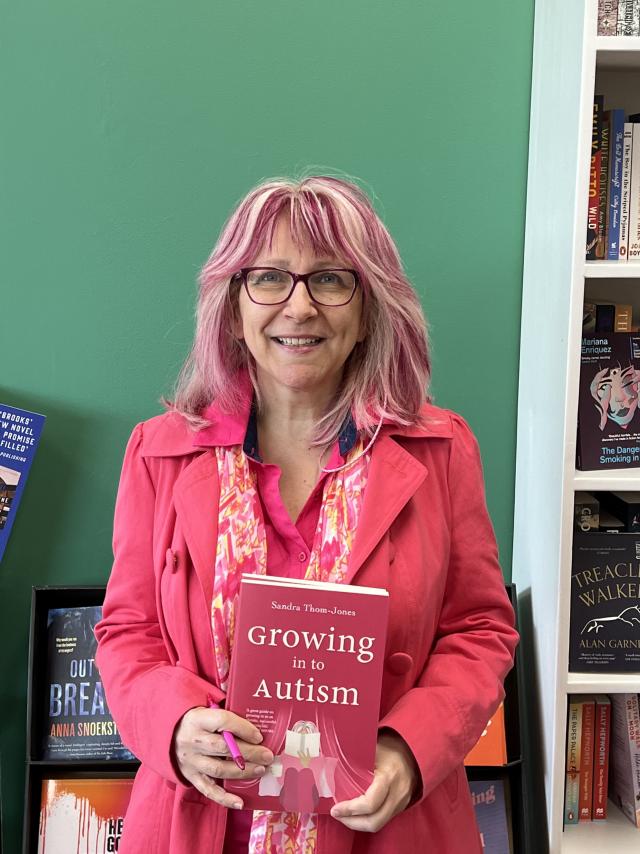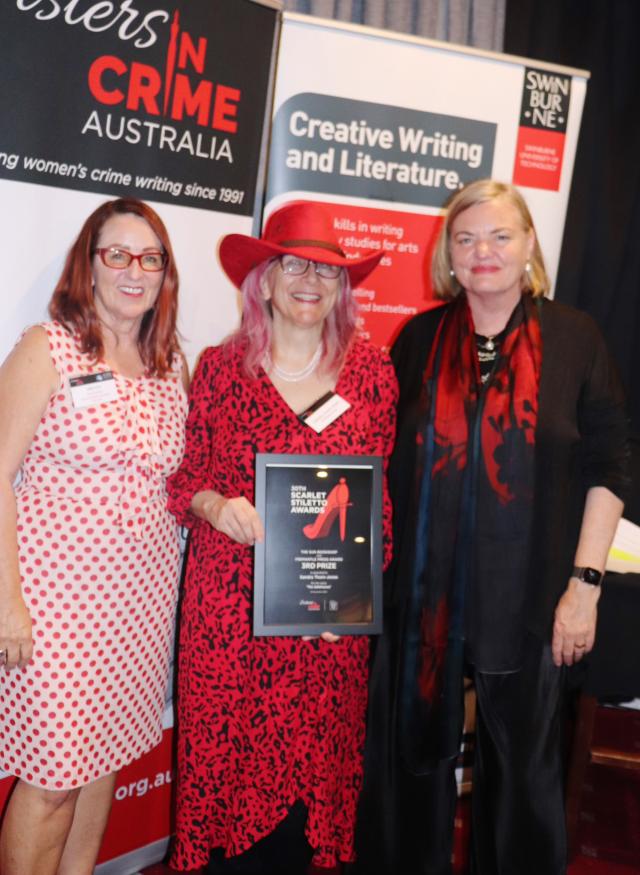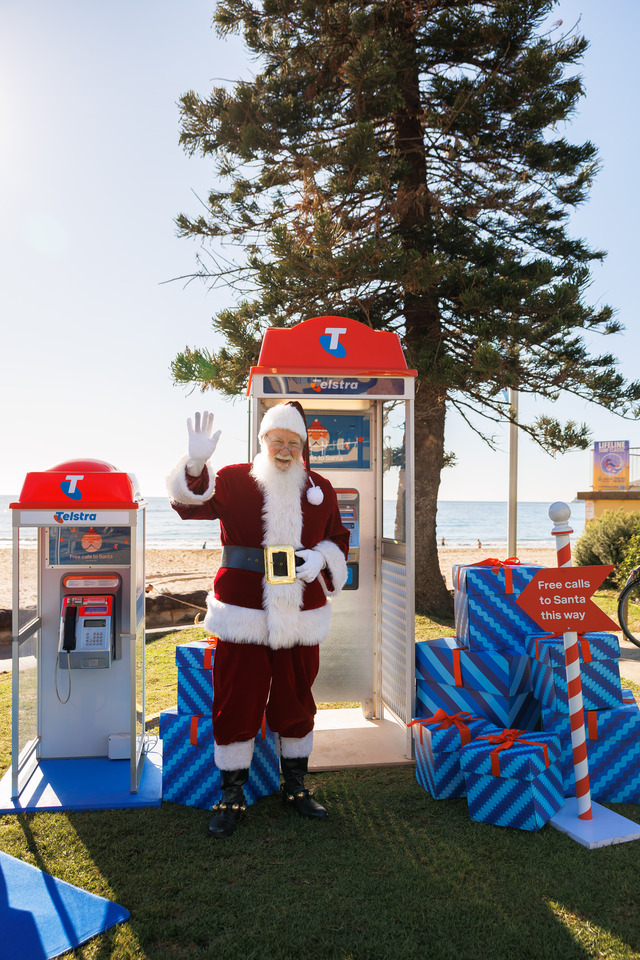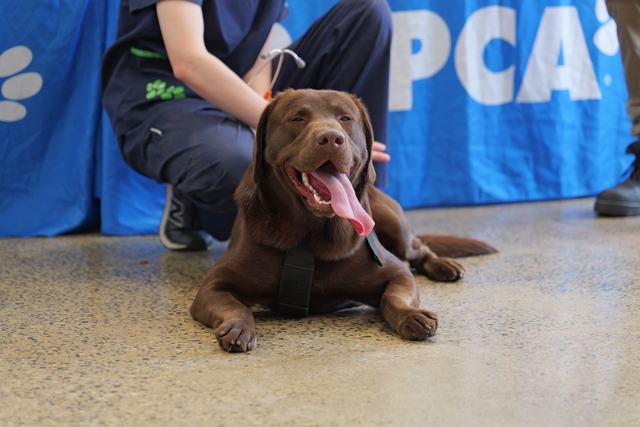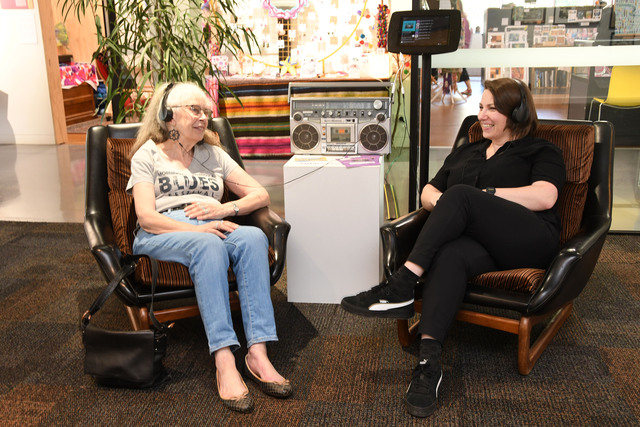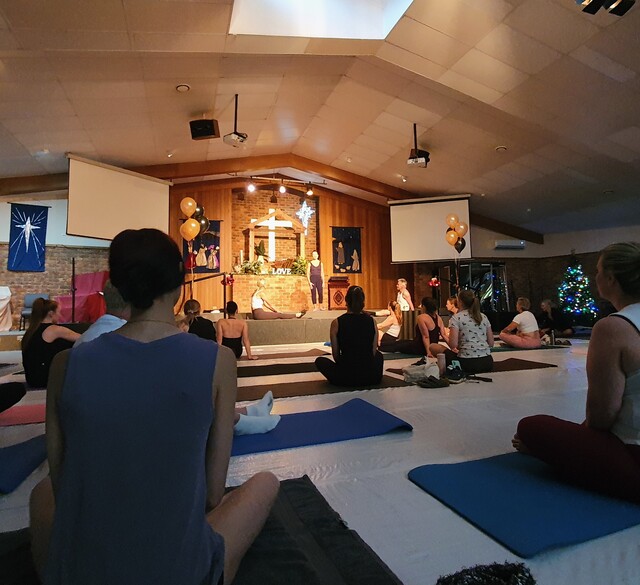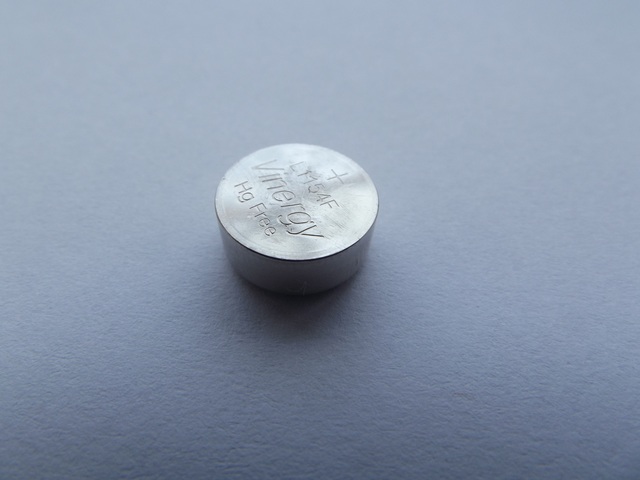A Healesville resident won two awards at the Scarlet Stiletto on Saturday 25 November.
The Scarlet Stiletto Awards is a national competition for Australian women writers with crime and mystery short stories featuring a strong female protagonist.
As it celebrated its 30th anniversary, over 4,500 stories were entered into entry.
Local author Sandra Thom-Jones won the Sun Bookshop and Fremantle Press, which is overall third place in the competition, for her story ‘The Safehouse’.
‘The Safehouse’ is a story about an organisation that provides rescue and support services for women fleeing domestic violence.
It’s based on the idea of women supporting each other and there’s a twist in the tale about how they support each other.
Ms Thom-Jones said she got inspiration for the story from the stories of domestic violence she heard about
“I had a friend who was going through a pretty horrible experience,” she said.
“I feel like there’s something that I can do to help.
“I saw some joke that people used to do on Facebook many years ago and I wonder if I could do a twist on that and actually make it into a mystery story.”
Thom-Jones received the Liz Navratil Award for the story with the Best Disabled Protagonist for the character ‘Professor Alex Macario’ in her story ‘The Motif in the Motives’
‘The Motif in the Motives’ is a mystery story set on a university campus.
The protagonist ‘Alex Macario’ is an autistic professor who finds her colleagues a little bit confusing and hard to understand.
When something happens in the story, she looks for a pattern in what’s happening.
Ms Thom-Jones said as an autistic person, she liked writing stories with autistic characters because she could relate to them, which made it easier for her to write.
“When I see these stories, autistic characters are often just minor characters.
“There should be more stories with autistic characters, doing all kinds of different things living normal lives.”
As a former researcher, senior administrator and professor who worked for public health and autism research at universities for 25 years, Ms Thom-Jones said the character ‘Prof Alex Macario’ was based on herself.
“She [Prof Alex Macario] likes working at the university, interacting with her colleagues, working with her students, but she does sometimes find the environment just a little bit overwhelming, bright, loud and too much happening,” she said.
After a long career as a researcher having written over 200 academic journals, Thom-Jones decided to write a book explaining what it’s like to be an autistic adult.
“I was diagnosed late like a lot of adults, I got my autism diagnosis after my children did,” Ms Thom-Jones said.
“I was talking to my psychologist about how I really wanted a non-academic book that I could read, explaining what it’s like in real life to be an autistic adult and I couldn’t find one.
“He said you should write that book, you’re the right person to write the book because you are an autistic adult who raised two autistic adults, and you’ve got 20 years of research, So, I wrote ‘Growing into Autism’.”
Thom-Jones currently is planning to run creative writing workshops for autistic children and adults in 2024.
She was recently awarded funding through the 2024 Yarra Ranges Council Grants for Community.
Ms Thom-Jones said lots of evidence in the research proved that autistic people are much more creative and differently creative to non-autistic people.
“The problem is that a lot of us struggle at school with creative writing because when we’re sitting in a class at school, we’re told to write a story and follow these rules, we’ll write a story, but it’ll go in a different direction, which wasn’t what teachers expected.”
“My grant is specifically to support autistic children and adults in just exploring their creative writing, so the idea is that we’ll be running some workshops covering some writing tips and some guidance, writing brief pieces in the session to share their creative writing with each other and providing feedback to each other.
“The output will be a published booklet of their stories so that they can see themselves in print.”

